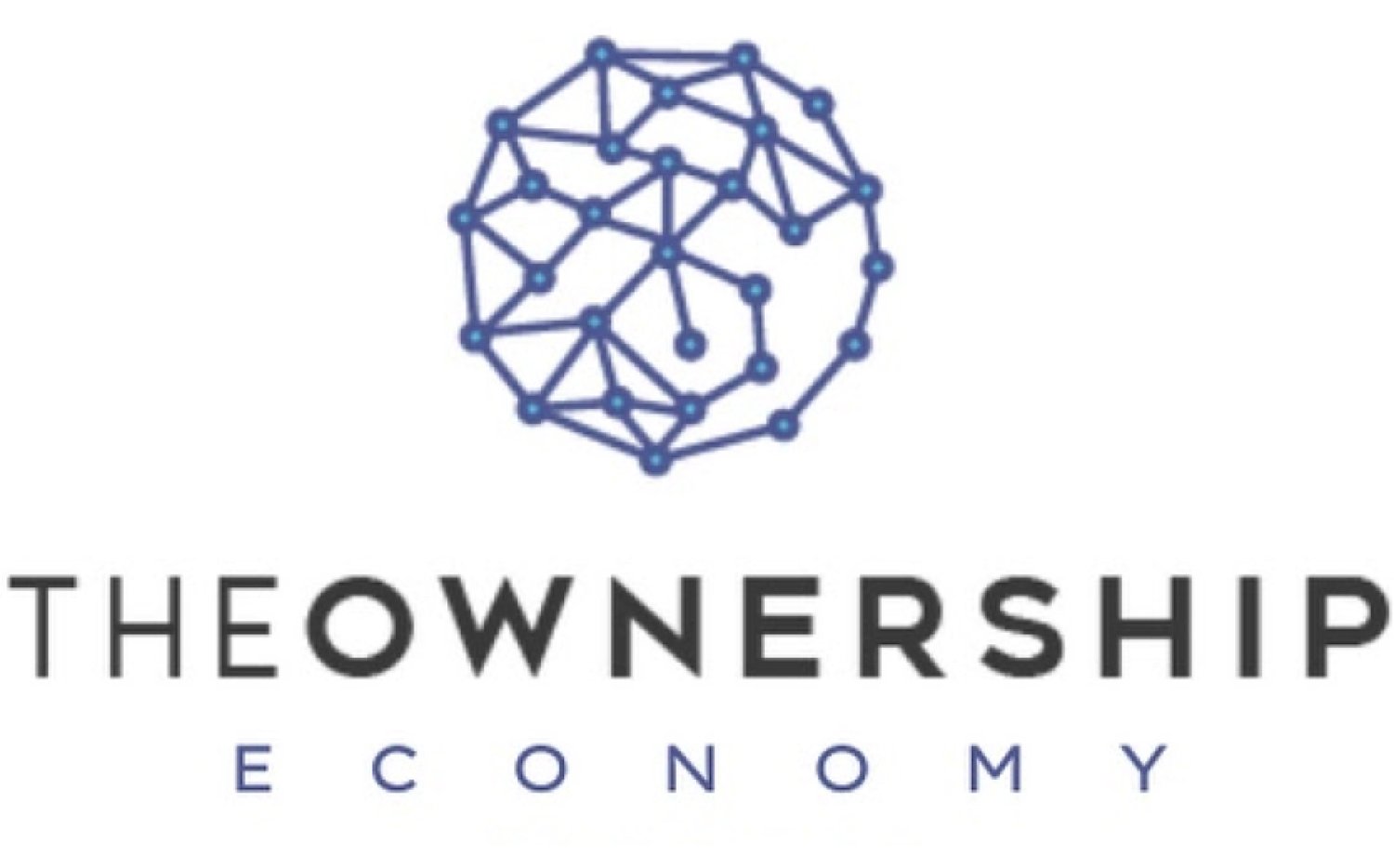Rethinking Business Ownership: Unlocking Sustainable Models for the Future
Running a business with a focus on social and environmental goals presents a complex balancing act. Entrepreneurs must manage the competing pressures of commercial success, while striving to achieve broader missions such as equitable pay, reducing waste, and minimizing carbon emissions. As external investors are introduced, this balancing act becomes more challenging, as their primary interest often remains fixed on financial returns, not on social or ecological impacts.
However, an increasing number of business leaders are turning to alternative ownership models to navigate these tensions. Known as Alternative Ownership Enterprises (AOEs), these businesses focus on redistributing decision-making power and economic value to non-investor stakeholders, including employees, consumers, and local communities. By adopting these structures, companies aim to prioritize sustainability and societal benefits, rather than being solely beholden to shareholder interests.
The Evolving Landscape of Ownership Models
Traditional models of ownership often constrain the ability of businesses to pursue long-term ecological or social goals. Under pressure to generate high returns, founders may find themselves forced to compromise on their broader mission. This is where AOEs offer a compelling alternative. These models allow for shared governance, often involving employees or mission-driven entities, thus aligning business objectives with a wider range of stakeholders.
The shift towards AOEs is not entirely new. Models such as employee ownership, cooperatives, and social enterprises have been around for decades. Yet, newer mechanisms, like Golden Shares or Perpetual Purpose Trusts, are gaining traction. These structures ensure that a company’s mission remains intact, even when faced with investor pressure or potential takeovers. Steward ownership, for example, delegates governance rights to “Purpose Stewards,” tasked with protecting the social or environmental goals of the enterprise over the long term.
Financial and Social Impact of AOEs
AOEs have demonstrated tangible benefits. Research shows that employee-owned companies typically experience lower turnover rates, offer higher wages, and provide more opportunities for wealth-building, particularly for women and minorities. These enterprises also contribute to local economies by preventing company shutdowns during ownership transitions, which are common when founders sell their businesses.
In addition to fostering inclusive growth, AOEs can significantly improve environmental outcomes. For example, community-owned renewable energy companies ensure that profits are reinvested locally, while governance rights remain in the hands of community members. This is particularly important in sectors where maintaining a strong ecological focus can be difficult under conventional ownership models.
The Role of Investors
While the value of AOEs is increasingly recognized, financing remains a challenge. Standard investment models, which often prioritize short-term gains, are not always suited to supporting AOEs. To overcome this, some investors are developing new approaches. For instance, dedicated funds for employee ownership are emerging, offering financing solutions for companies transitioning into AOE structures. These funds often provide technical support post-transition, ensuring that businesses can thrive in their new ownership models.
However, scaling AOEs will require broader changes in investor behavior. Investors will need to reconsider their expectations around governance rights and financial returns. This shift is already being seen with impact-driven funds and social ventures like OpenAI, which have adopted non-profit ownership models to preserve their mission.
Conversion as a Path to Alternative Ownership
Another growing trend in the AOE landscape is the conversion of traditional companies into alternative ownership models. While some conversions can be achieved without significant financial restructuring, others may require external capital to buy out existing owners. Investors in these conversions typically offer debt financing, allowing the company to gradually repay the investment while transferring ownership to employees or other stakeholders.
Conversions have proven particularly successful in sectors such as manufacturing, where established companies with stable revenue streams can more easily secure financing for the transition. By aligning ownership with employees, these businesses can better navigate the challenges of growth while remaining true to their social and environmental goals.
Toward a New Economic Paradigm
The rise of AOEs reflects a broader shift in how businesses can contribute to a sustainable economy. The need for more inclusive and resilient economic models is becoming increasingly urgent, particularly as the world grapples with ecological and social crises. By rethinking traditional ownership structures, businesses can play a key role in driving this transition.
For investors, the task now is to develop financing models that support AOEs, rather than hinder them. This requires innovation, flexibility, and a willingness to embrace new governance frameworks. For entrepreneurs and business leaders, adopting an AOE model offers the opportunity to lock in long-term social and environmental benefits, ensuring that their mission remains intact, even as the business grows.
In summary, the ownership economy is evolving. By adopting new models of governance and ownership, businesses can align their goals with broader societal and environmental objectives, creating a more sustainable and equitable future. The challenge now lies in ensuring that these models receive the financial backing they need to scale, and that investors, entrepreneurs, and policymakers alike are willing to embrace the possibilities they offer.

